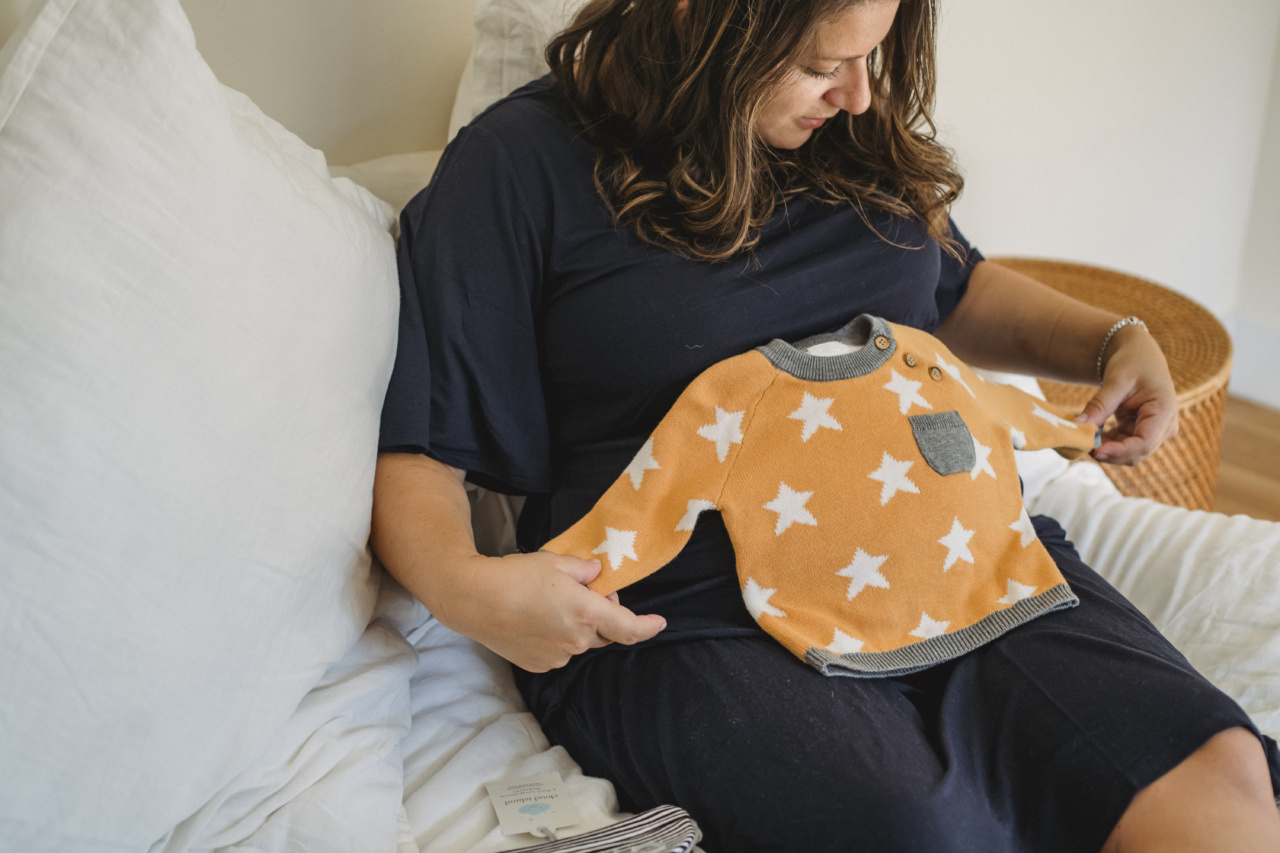During pregnancy, it is essential to take every possible measure to protect the health and well-being of your baby. One virus that can pose a significant risk to your unborn child is cytomegalovirus (CMV).
CMV is a common virus that belongs to the herpes family and can cause permanent disabilities in babies if contracted during pregnancy. In this article, we will discuss ways to protect your baby from CMV during pregnancy.
Understanding CMV
CMV is a prevalent virus that can infect people of all ages. It is estimated that over half of adults have been infected with CMV by the age of 40. In most cases, CMV does not cause any symptoms or long-term health issues.
However, for pregnant women, being infected with CMV can pose a significant risk to the unborn baby.
How is CMV transmitted?
CMV can be transmitted in various ways, including:.
- Contact with bodily fluids, such as urine, saliva, blood, and tears, of an infected person
- Sharing utensils, toothbrushes, or other personal items with an infected person
- Sexual contact with an infected partner
- Transfusion of infected blood products or organ transplantation
- From mother to baby during pregnancy or childbirth
Preventing CMV infection during pregnancy
While CMV infection cannot always be prevented, there are several measures you can take to reduce the risk of contracting the virus during pregnancy:.
1. Practice good hand hygiene
Regularly washing your hands with soap and water is one of the most effective ways to prevent the spread of CMV. Be sure to wash your hands thoroughly, especially after contact with young children’s diapers, nose, or mouth.
2. Avoid close contact with young children’s bodily fluids
Since CMV is commonly found in childcare settings, it is essential to take precautions when interacting with young children. Limit close contact with their bodily fluids, such as kissing on the mouth or sharing utensils.
3. Do not share personal items
Avoid sharing items like toothbrushes, drinking glasses, or utensils, as they can easily transmit the CMV virus if contaminated with infected bodily fluids.
4. Follow safe food handling practices
Ensure that all food is cooked thoroughly and handled properly to minimize the risk of CMV infection. Wash fruits and vegetables thoroughly before consumption, and avoid consuming unpasteurized dairy products.
5. Practice safe sexual behaviors
Using barrier methods, such as condoms, during sexual intercourse can reduce the risk of CMV transmission. It is essential to maintain open communication with your partner about sexual health and any potential risks.
6. Be cautious in healthcare settings
If you work in a healthcare setting or come into regular contact with bodily fluids, it is crucial to follow strict infection control practices. Wear appropriate personal protective equipment and adhere to recommended hygiene protocols.
7. Educate yourself about CMV
By understanding the risks and transmission methods of CMV, you can make informed decisions to protect yourself and your baby during pregnancy. Talk to your healthcare provider to learn more about CMV and how to minimize the risk of infection.
Testing and treatment for CMV
If you suspect you may have been exposed to CMV or are experiencing symptoms, your healthcare provider can perform tests to detect the presence of the virus. These tests may include blood tests or urine tests.
Keep in mind that there is no specific treatment for CMV during pregnancy, and most healthy individuals do not require medical intervention.
When to seek medical help
If you are pregnant and experience symptoms such as fever, fatigue, swollen glands, or any other signs of illness, it is essential to consult your healthcare provider.
They can evaluate your condition, provide appropriate guidance, and monitor the health of your baby.
Conclusion
Protecting your baby from CMV during pregnancy is crucial to ensure their long-term well-being.
By practicing good hand hygiene, avoiding close contact with bodily fluids, and taking other preventive measures, you can significantly reduce the risk of CMV infection. Remember to stay informed and seek medical help if needed. With proper care and precautions, you can help safeguard your baby’s health.




























